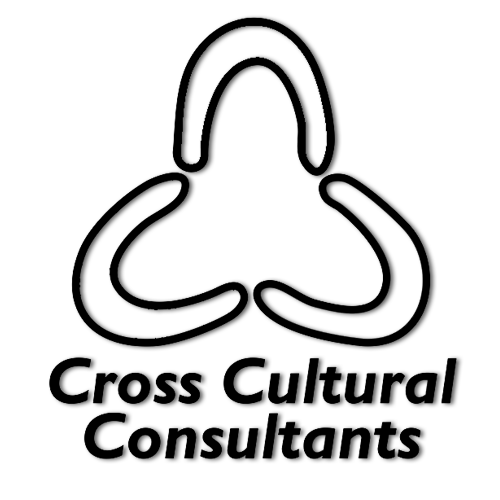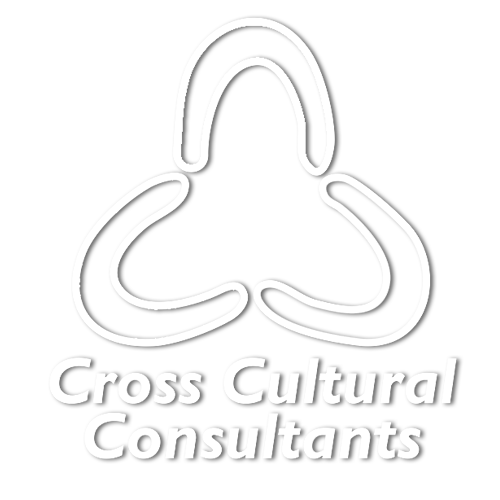Reconciliation.
More than 200 years after the English invaded the land they so erroneously entitled Terra Nullius, it seems that much has changed for the worse, and very little has changed for the better for the original people, the First Australians. In a period of 50 years, Aboriginal people went from being masters of their domain, to being supplicants in their own land, with a population loss of over 80%. As a result of the ongoing marginalisation and exclusion that has been a feature of the interaction between the new masters and the old, Aboriginal people in this country still suffer from higher child mortality, they still get far worse educational outcomes, and they still die much earlier than their counterparts of non-Aboriginal descent. These are some of the measurements used when our Government talks about Closing the Gap, initiatives by which they hope to reduce the disadvantage among Aboriginal and Torres Strait Islander people on numerous fronts.(1)
So, what about reconciliation? Is it really important?
In modern Australia, those viewing the many failures of the Australian Government to enact positive change will tell you that there is almost nothing more important to Australia’s future as a nation than reconciliation. In fact, the process of reconciliation is something many feel that modern Australia can’t afford not to pursue.
What Is Reconciliation, Why Does It Matter?
In the big picture sense of the term, reconciliation in Australia signifies the bringing together of Aboriginal and Torres Strait Islander people with other Australians. Rather than being a single action, program or behaviour, reconciliation is a process that eventually hopes to achieve an equality between Australia’s original inhabitants, and those who came after.
Reconciliation matters because Australia has a unique history, but we don’t acknowledge it. It matters because we tell Aboriginal and Torres Strait Islander people that they should just Get over the atrocities committed to their people, their ancestors, throughout history and as late as the 1970s (and beyond) while standing by a Lest we forget acknowledgement of ANZAC history. We aren’t saying that the ANZACs shouldn’t be commemorated, but why accept one aspect of our past when we shy away from the other?
What it comes down to is this: Australians have a view of themselves, but that view doesn’t match up with the history of the country they call home. As Sol Bellear, the chairman of the Aboriginal Medical Service said: “Put simply, reconciliation hasn’t worked in Australia because as a nation, we continue to refuse to face up to our real past.”(2)
Australians often argue that, individually, they didn’t have a hand in these atrocities and that is true. But that doesn’t mean that they should just be ignored, or that Aboriginal and Torres Strait Islander people should just be expected to go on as if they had never occurred. The damage has been done, but there is still a way forward. History has taught us that without reconciliation, there will always be anger and hate. A better future is made so by understanding the mistakes of the past, and working to ensure they aren’t repeated.
What Is Reconciliation Not?
Reconciliation is not assimilation. It is not making Aboriginal and Torres Strait Islander people just like us. The Australian Government, and the Australian people, have attempted this in the past and succeeded in causing yet more damage. We have tried to wipe Aboriginal people out, we have tried to breed them out. We very rarely realise that just because our way of life is ideal for us, doesn’t mean it will also be ideal for Aboriginal and Torres Strait Islanders.
The river is the river and the sea is the sea. Salt water and fresh, two separate domains. Each has its own complex patterns, origins, stories. Even though they come together they will always exist in their own right. Our hope for Reconciliation is like that.
– Patrick Dodson(3)
Beyond History
Of course there is more to reconciliation than history. Reconciliation Australia has identified five interrelated dimensions of reconciliation (4), to get a better idea of what is needed to achieve reconciliation, and how we will know our country is reconciled. These are:
– Race relations: That two-way relationships exist between Aboriginal and Torres Strait Islander and non-Aboriginal Australians through society, based on trust and respect.
– Equality and equity: That Aboriginal and Torres Strait Islander people participate equally and equitably in all areas of life and society, meaning all life outcome gaps are closed and the unique rights of each cultural group is recognised and respected.
– Institutional integrity: Political, business and community institutions support and uphold reconciliation in their structures and goals.
– Unity: Aboriginal and Torres Strait Islander histories, cultures and rights are both recognised and valued as a part of Australia’s shared national identity, leading to national unity.
– Historical acceptance: All Australians both understand and accept the wrongs of the past, and their impact. Agreements are made to ensure those wrongs are never repeated.
These are big goals, but they are the kind of goals that Australia should be embracing if we want to have this bright future that we have dreamt of, and that we have been promised.
There is no future for Australia without reconciliation, and while we still have a long way to go, the tide is starting to turn. All we need to do now is go with the flow.
1 ‘What is Closing The Gap’, Australian Indigenous Health Info Net, healthinfonet.ecu.edu.au, Nov 2016
2 ‘NACCHO Aboriginal health: Hostility to Utopia film a denial of nation’s brutal past – Sol Bellear and Adam Goodes’, nacchocommunique.com, Mar 2014
3 ‘RAP blessed with water’, Reconciliation News, Dec 2009, p.26
4 ‘The State Of Reconciliation In Australia’, Reconciliation Australia, Feb 2016, p.7
Learn About Our RAP Service
Cross Cultural Consultants can help you to plan, write and initiate your Reconciliation Action Plan journey for your business. Click here to learn about how to get that process started.
Get In Touch
Got questions? Our friendly team is here to help. Contact us today and we’re happy to answer any questions you have about why is reconciliation important and how that applies to individuals and businesses in Australia.



